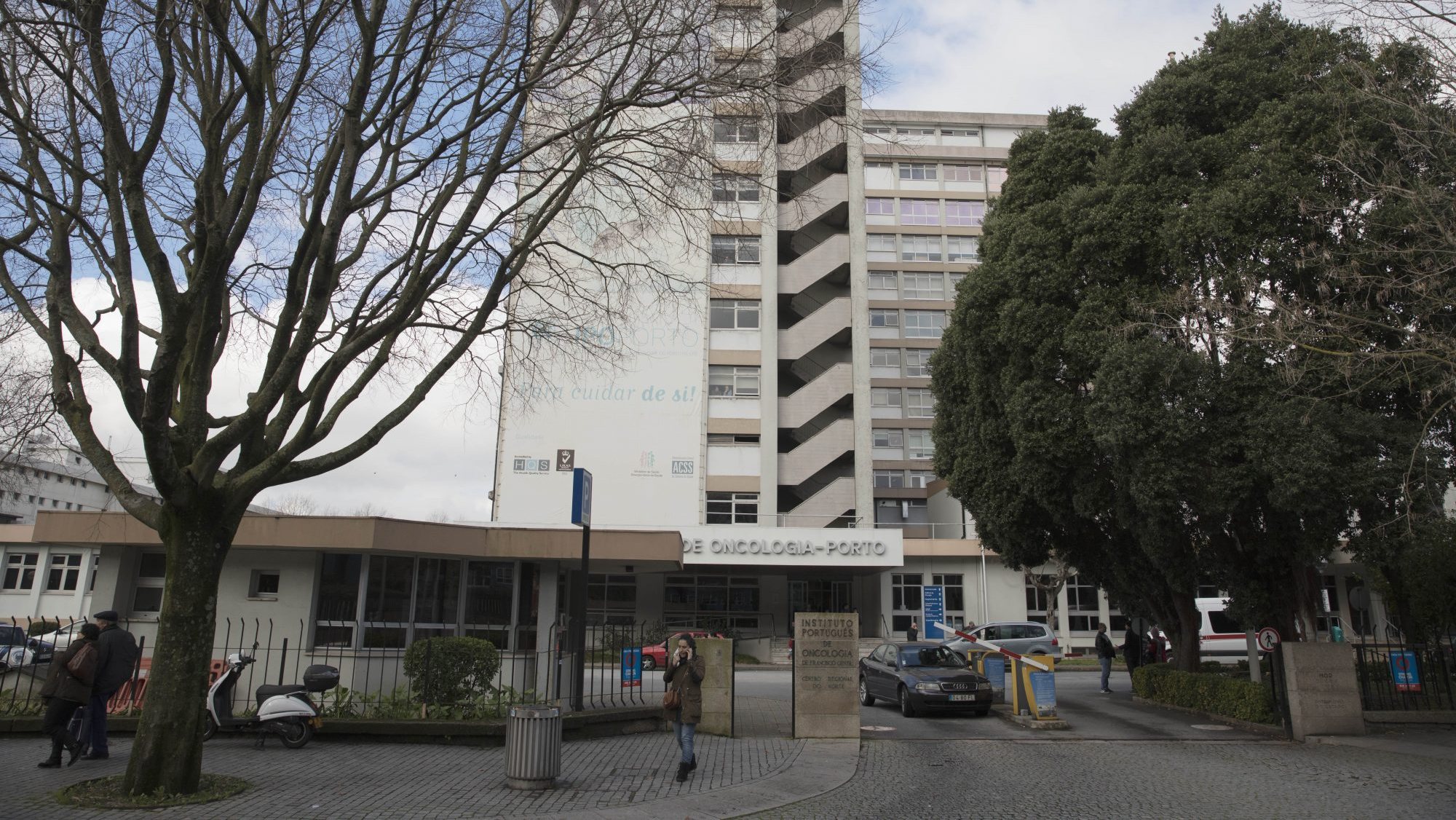People at risk of hereditary cancer who repress emotions the most have “greater psychological suffering” and indirectly “less social support”, concluded a project developed by the Portuguese Institute of Oncology (IPO) in Porto.
Speaking to the Lusa agency, the coordinator of the IPO psychology service in Porto, Eunice Silva, explained on Tuesday that the project, entitled “TOGETHER”, aimed to understand how patients and families deal emotionally with cancer risk. inherited from at the time the genetic susceptibility test is performed.
These genetic variants are hereditary, generally with a 50% risk of transmission to offspring and, normally, hospitals treat the individual, but it is not known what knowledge of this genetic variant implies in the family, in their behaviors and feelings ” , I observe. the psychologist.
During the project, several studies were developed, based on surveys and interviews with patients and relatives, one of which showed that people at risk of hereditary cancer who repress their emotions the most have “greater psychological suffering” and indirectly, “less support”. Social”. .
“People who repress their emotions more and do not find words to link what they feel, have more psychological suffering due to the problem of risk and also, indirectly, less social support, which causes greater suffering”, observed Eunice Silva.
For the coordinator, this conclusion points to the need to use “more systematic” methodologies to assess the emotional state of people and provide an “opportunity for the person to talk about it.”
In this sense, an “instrument indicating the emotional level of people” was developed so that other services and teams of health professionals can “orient resources towards patients who need it most”.
Recalling that people at risk of hereditary cancer “are not sick”, but, most of the time, they go through equally painful processes, such as the removal of a certain organ where a mutation is found, as well as various tests, Eunice Silva warned about the need to promote literacy about this genetic variant.
Basically, they are not sick, but they have to do very complicated things like tests and organ removal. They are not evaluated as cancer patients, but they have a risk, a suffering and an emotional burden as one more of them, ”she stressed.
In addition to trying to understand how patients and families deal emotionally with hereditary cancer risk, the team wanted to understand how health care might respond to their psychosocial needs and preferences.
The different studies carried out during the project showed that people at risk of hereditary cancer value the “need to have psychological support, involve the family and be accompanied by a reference professional throughout the journey”.
We realized that even people for whom the variant has not been identified can have significant levels of suffering related to it”, observed the psychologist, giving as an example the fact that one sibling has the genetic variant and another does not.
The results obtained during the three years of the project culminated in a “white paper [“white papper”]”, entitled “Psychological adaptation of the person and the family to the risk of hereditary canker”, which, simultaneously, gathers all the information about the risk of hereditary canker present at the moment in the literature, and can be used “both by families and by professionals Of health”.
To Lusa, Eunice Silva also added that, following TOGETHER, a new project called “Play-the-Rivers” was presented and approved, in which a digital and playful tool is being worked on and developed that allows parents to “open and appropriate ” the risk of hereditary cancer with children.
Funded by the Foundation for Science and Technology, and promoted by the Center for Psychology of the University of Porto (FPCEUP) in collaboration with the IPO-Porto research center, the JUNTOS project culminated in four published articles, five master’s dissertations and two prizes.
Source: Observadora
